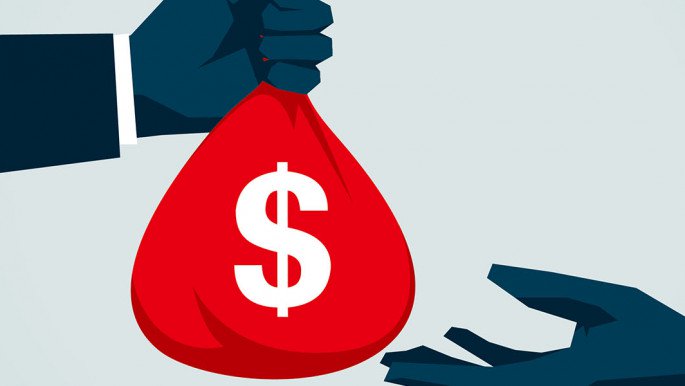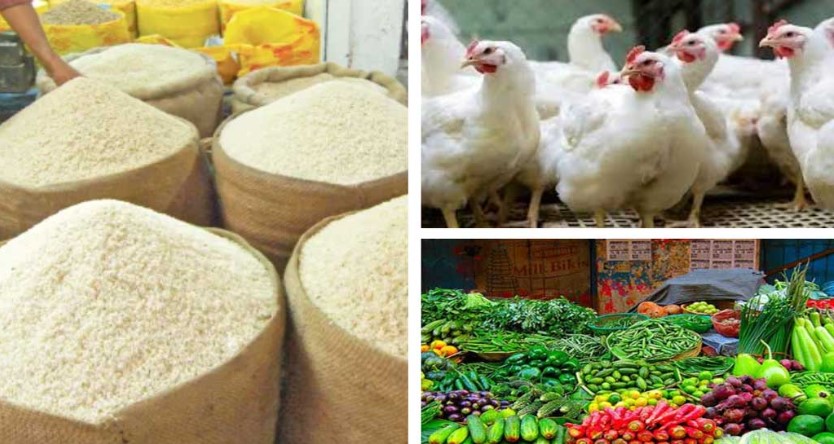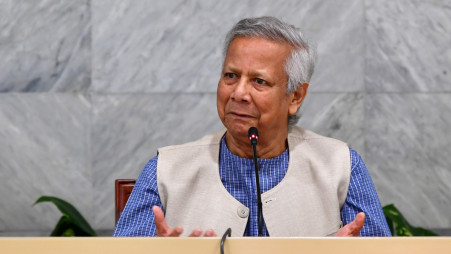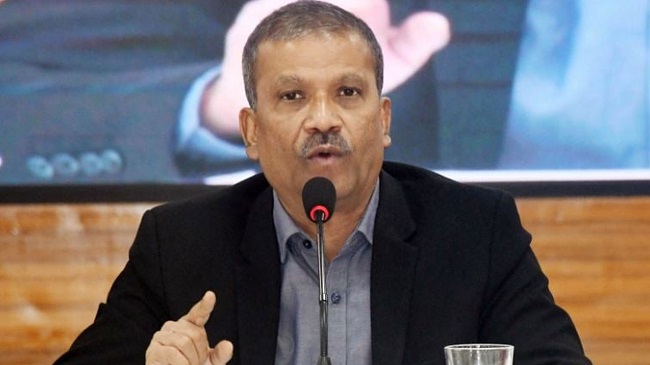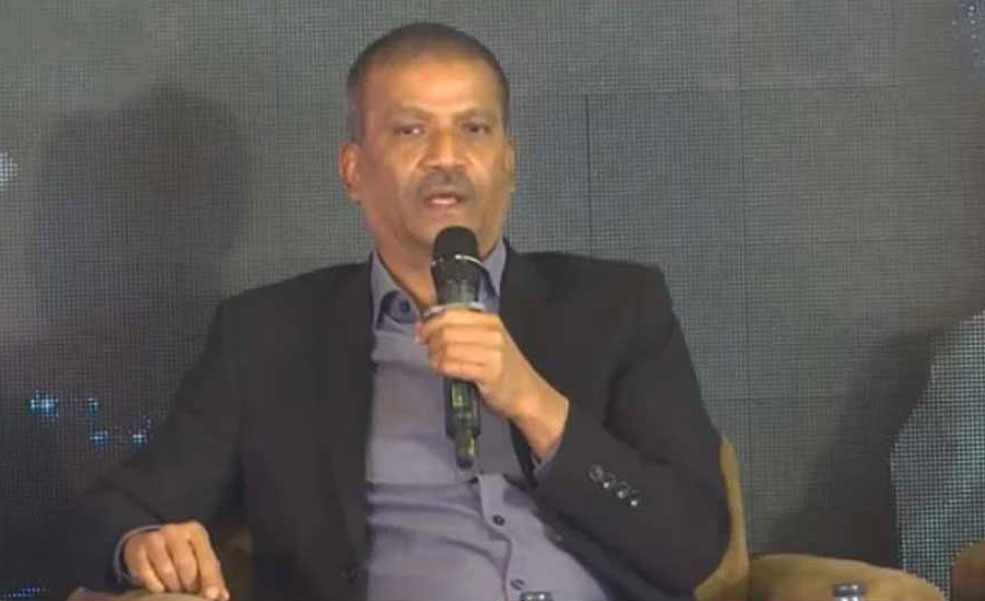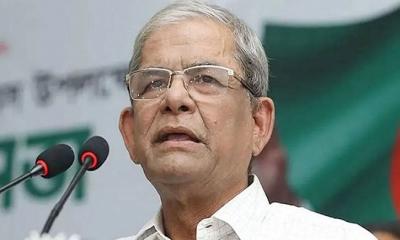The finance ministry has informed the International Monetary Fund (IMF) about a $1.76 billion budget support target from various development partners this fiscal year amid a US Dollar crunch.
At a meeting with a Dhaka visiting IMF team, the Finance Division on Thursday informed the Washington-headquartered financial institution that the import bills for capital machinery, equipment and energy will increase more this year compared to the previous fiscal.
The IMF delegation was also briefed about the government's various belt-tightening measures aimed at reducing the macroeconomic risks, revenue boosting plan and priorities in government spending.
The finance ministry told the IMF that the Bangladesh Customs has taken an initiative to sign the Customs Mutual Administrative Assistance Agreement (CMAAA) with the major trade partners. The agreement will help in exchanging information related to transfer pricing, under and over invoicing, narcotics and money laundering related issues.
After the meeting with Finance Division officials, the IMF delegation also met with the finance minister. An official present at that meeting told The Business Standard that the IMF has mentioned that the overall economic situation of Bangladesh is satisfactory. However, in the ongoing global context, the organisation advised to be more cautious in the coming days.
The IMF team is scheduled to leave Dhaka on Friday.
The foreign exchange reserve fell below $40 billion last fiscal year as exports and remittance flows fell far short of import spending. To deal with the situation, the government has been trying to get budget help from various development partners besides discouraging the import of luxury goods.
As part of this, the Finance Division will send a letter to the IMF country director seeking a $4.5 billion loan. Officials confirmed that the letter has already been drafted.
The government wants to borrow the amount as per the requirement within the next three years.
"When the financial assistance will be availed from the IMF, it will be informed officially," Finance Minister AHM Mustafa Kamal told The Business Standard in reply to a query about Thursday's meeting with the delegation.
"The IMF is helping us. With their help, we are doing various things such as preparing the VAT law," he added.
At the meeting with the IMF mission, the Finance Division officials said a $500 million loan agreement has already been signed with the World Bank. Of the $940 million loan agreement signed with the Asian Development Bank, $891 million has already been disbursed.
Besides, a loan agreement of €250 million has been signed with The European Investment Bank (EIB) and talks are ongoing to get a loan of $500 million from The Asian Infrastructure Investment Bank.
In total, the Finance Division told the IMF mission that the anticipated budget help, including the vaccine support, is likely to stand at $1.764 billion this fiscal year. Bangladesh received $3.101 billion as budget support including vaccine support last fiscal year.
At the end of the current fiscal year, the deficit of the current account balance will be $8 billion, the Finance Division told the IMF. There will be a 20% growth in exports and 12% in imports this year. However, the commerce ministry on Wednesday announced a 10.10% export growth target for this year.
The finance ministry told the IMF about debt sustainability that Bangladesh external stock debt to GDP and export to external debt stock is far below the targeted ceiling set by the World Bank and the IMF. At the same time, the ratio of debt service to export and debt service to revenue earnings were 7.2% and 10.6% respectively which was also significantly below the target value, 20% and 30% respectively, set by the World Bank and the IMF.
The IMF officials inquired about tax policy reforms to boost domestic revenue. The ministry said the Bangladesh Customs has taken initiative for Pre-arrival Processing (PAP) under which an import consignment can be assessed before the goods have reached the port in Bangladesh. This will reduce clearance time at the ports.
As per the ministry, the revenue board also plans to operationalise the risk management system to ensure that no more than 10% of the import consignments are subject to physical examination. The proposal has been sent to the Prime Minister for approval.
It told the IMF that to streamline the bonded warehousing system, reduce its misuse and make it transparent, the government has taken a project that aims to automate the bond management system by June 2023.
Customs will soon be conducting Time Release Study (TRS) in the major custom houses to take stock of actual time taken in release of imported consignments. The objective of the TRS will be to identify bottlenecks in customs clearance and to take measures to reduce clearance time.
The finance ministry about the government's current spending priority said that the priority in the medium-term spending framework would be providing fiscal incentives to improve health care services, stimulate economic growth, ensure food security and social safety net, improve infrastructure, promote agricultural and rural development and generate employment.
Moreover, mitigation and adaptation associated with climate related adversities will also remain in the government priority list.
Bangladesh seeks another $1 billion in budget support from WB
Meanwhile, Bangladesh has sought $1 billion more in budget support from the World Bank to deal with the ongoing energy crisis and food inflation caused by the Russia-Ukraine war.
In a letter to the Washington-based development lender, the Economic Relations Division (ERD) has said, "The ongoing Russia-Ukraine conflict has brought new challenges. The unprecedented price hike in energy, food and essential commodities and the widespread disruption in the international supply chain have adversely affected the global economy, including Bangladesh."
As such, the government urgently needs additional budget support to provide stimulus to industries, businesses, SMEs and social protection programmes at this critical time, according to the letter.
Furthermore, additional fiscal space is also needed to accommodate the higher fuel energy and food prices.
ERD officials say they are hoping to get a commitment of $1 billion in the current global situation.
Besides, a deal is supposed to be signed this fiscal year for budget support of $250 million meant for economic recovery, they add.
The government has also begun talks with the global lender over securing additional budget support amounting to at least $250 million for green transition. Moreover, Bangladesh as an IDA member is expecting a zero-interest loan of more than $1 billion from the World Bank under its short maturity loan window.
The loan window will remain open for three years from July 2022 to June 2025 under the 20th IDA replenishment (IDA20). The repayment time is 12 years, including a grace period of six years, according to ERD officials.
To shore up forex reserves, the government is also trying to secure loans from other development lenders, such as the International Monetary Fund (IMF), the Asian Development Bank, the Asian Infrastructure Investment Bank and Japan International Cooperation Agency. The government is now in talks with the International Monetary Fund (IMF) to obtain $4.5 billion in low interest.
In the letter to the World Bank, Finance Division officials said prices of essential import commodities in Bangladesh, such as oil, gas, fertiliser, etc., have skyrocketed in the international market. In one estimate made with support from the World Bank, only essential commodities (crude and refined oil LNG, wheat, fertiliser, palm oil, coal, soybean oil, maize and rice) imported into Bangladesh would cost an additional amount of $8.2 billion in 2022 considering the rise in their prices from those in 2021.
The other key import items, such consumer goods, capital machinery, and industrial raw materials, are also seeing significant price escalation in the international market. In addition, the costs of international logistics are on the rise.
According to data in the first ten months of FY22 (July-April), imports of goods rose by 41.4%. Despite an impressive 34.6% growth in exports during the same period, a higher volume of imports is widening the trade deficit, which stood at a very high level of $27.6 billion.
With the trade balance always in the negative, remittance inflows have been playing a critical role in Bangladesh in minimising the current account deficit. But due to delayed post-Covid economic recovery in major labour market destinations, remittances slowed down with a negative growth of 15.9% during July-May of FY22.
The less-than-expected remittance earnings have contributed to a current account deficit of $15.3 billion in the first ten months of the last fiscal year, which was only $1.7 billion during the same period in FY21.
Meanwhile, Bangladesh has also asked the Asian Development Bank (ADB) for $1 billion budget support to deal with fuel and food inflation caused by the Ukraine-Russia war.
Recently the Economic Relations Department (ERD) has sent ADB a letter in this regard.
Pear Mohammad, additional secretary and wing chief (ADB) of the ERD, told TBS that ADB has agreed to provide the requested support, and that the process has already begun in this regard.


